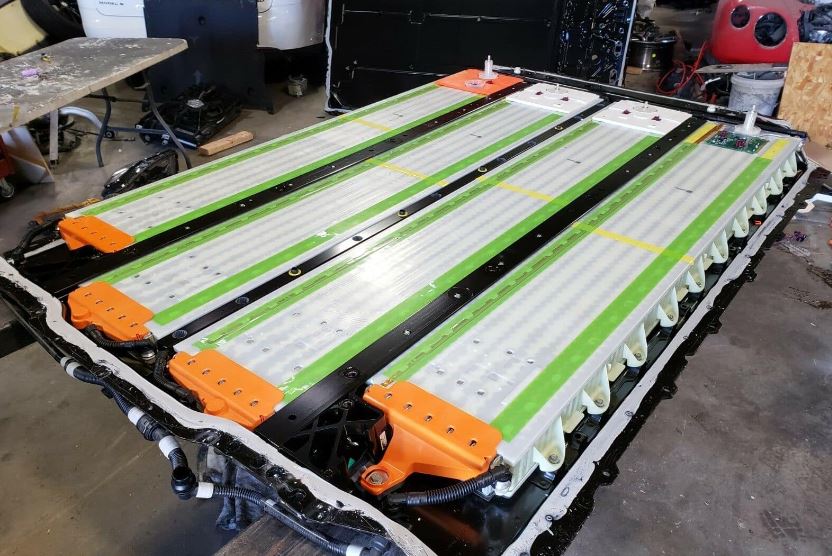Tesla informed its employees that due to the origin of its batteries from China, it anticipates losing the entire $7,500 federal tax credit on its most affordable electric vehicle.
Since January, a number of electric automakers have experienced an upswing in demand owing to the introduction of the new federal tax credit initiative for electric vehicles.
Tesla’s purchasers have been unable to benefit from the tax credit for several years due to the automaker reaching 200,000 deliveries in the US. Consequently, Tesla has been the biggest beneficiary.
Over the past three months, buyers who were eligible in the US could receive a $7,500 tax credit for purchasing Tesla’s most economical and widely recognized models, the Model 3 and Model Y.
However, it was evident that changes would be made by the end of March. The new tax credit program required battery production to occur in North America and battery material sourcing in countries with free trade agreements with the US, in order to obtain access to half of the $7,500 credit.
However, the specifics on how these criteria would be met were not released in time for the new tax credit that went into effect in January, and therefore, were deferred until the second quarter. By then, the IRS was expected to provide comprehensive guidance on how these requirements would be implemented.
According to sources familiar with the matter, Electrek has discovered that Tesla has alerted its employees that it expects the IRS to release the guidelines any day now, and as a result, the automaker anticipates losing the entire credit for its cheapest vehicle, the Model 3 Standard Range.
Although the Model 3 Standard Range is manufactured in Fremont, California, the battery pack is constructed using LFP battery cells produced in China.
Tesla has seemingly alerted its employees to inform customers who have ordered those vehicles that access to the full credit could be affected if delivery occurs on April 1 rather than March 31, subject to official guidelines.
On the other hand, Tesla’s other Model Y and Model 3 vehicles in the US are expected to maintain full access to the tax credit since they employ battery cells manufactured by Tesla or Panasonic in Nevada, California, or Texas.
Battery material sourcing could pose a greater concern, but Tesla seems optimistic that this will not be the case, given that a significant proportion of its battery materials are sourced from countries with free trade agreements, such as Australia and Canada.
